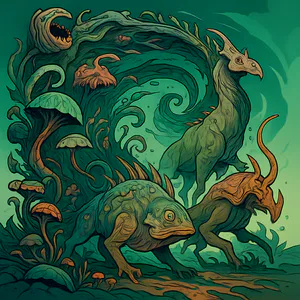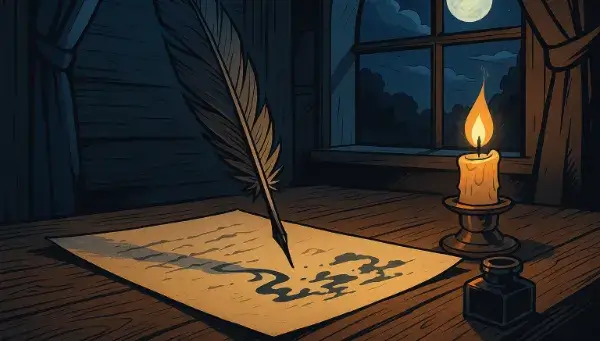Generate species names
More Fantasy Name Generators- <% result.name %>
Discover all Story Shack apps
Defining Your Species
To name a species, think:
- What habitat or trait defines them?
- Should the name sound scientific or fantastical?
- Will it follow Latin-style conventions?
- How many syllables convey uniqueness?
- Does it hint at behavior or appearance?
Species Name Generator FAQs
Answers for life's lexicon:
How are species names generated?
They merge thematic roots with scientific suffixes or fantasy elements.
Can I choose style?
Regenerate until a scientific or fantastical name appears.
Are names unique?
Each combination yields a fresh species moniker.
How many can I generate?
Unlimited—click to diversify your biosphere.
How copy or save?
Click to copy or heart to save.
What are good species names?
There's thousands of random species names in this generator. Here are some samples to start:
- Bhiramoth
- Gavehog
- Visaino
- Olludian
- Vucuphan
- Kateodae
- Cennaron
- Chononesh
- Eniidae
- Qhathearot
About the creator
All idea generators and writing tools on The Story Shack are carefully crafted by storyteller and developer Martin Hooijmans. During the day I work on tech solutions. In my free hours I love diving into stories, be it reading, writing, gaming, roleplaying, you name it, I probably enjoy it. The Story Shack is my way of giving back to the global storytelling community. It's a huge creative outlet where I love bringing my ideas to life. Thanks for coming by, and if you enjoyed this tool, make sure you check out a few more!































































